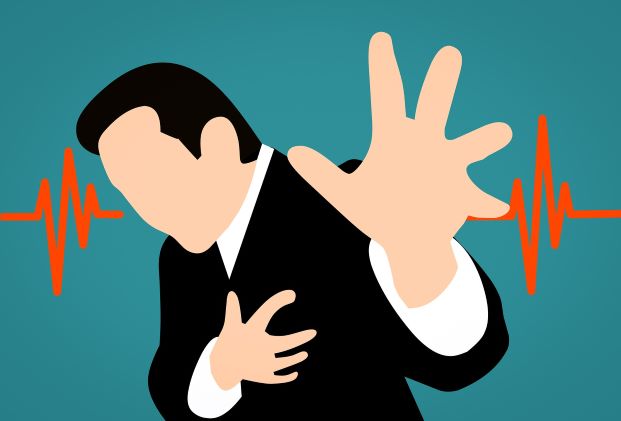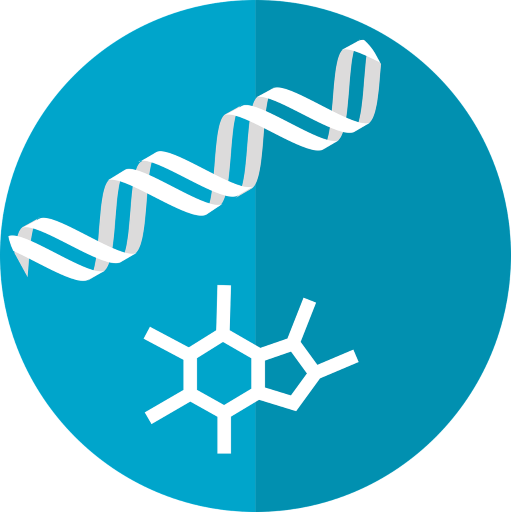Dr Md Anawar Hossain
The cardiovascular disorders, hypertension, coronary artery disease, and mental disturbances, such as anxiety and depressive disorders are the most common problems among the people, which are causing the high rate of morbidity and death. Anxiety and depression deteriorate the cardiovascular disease and pathologies. On the other hand, the cardiovascular diseases may cause the mental and emotional disturbances. There is bidirectional relationship between the psychological disturbances and cardiovascular diseases. Therefore, the patients with cardiovascular diseases should be examined and treated for their disturbances of emotions, cognition, and behavior (Repova et al., 2022).
When patients with heart or vasculature disturbances take principal cardiovascular drugs, the medicines can interact with the mental state of the patient and optimize their therapeutic benefit. The beta-blockers, central sympatholytics, ACE inhibitors, ARBs, aldosterone receptor blockers, sacubitril/valsartan, and fibrates are presumed to have anxiolytic effect in animal experiments and clinical settings. Therefore, when the patients with cardiovascular diseases are treated, their mental condition, cognition and behavior should be taken into account to select the cardiovascular drugs, which can provide them with benefit for both mental disturbances and cardiovascular disorders.
Relationship between mental disturbances and cardiovascular diseases
Depressive disorders are one of the reasons of disability. The cardiovascular diseases have close relationship with mental disorders, such as anxiety and depression (Repova et al., 2022).
The psychosocial disorders such as anxiety, hostility, stress, or conflict situations stimulate and activate autonomic nervous system and neurohumoral cascade resulting in development of endothelial dysfunction, hypertension, diabetes mellitus, and target organ damage. On the other hand, the cardiovascular pathologies associated with neurohumoral imbalance result in the formation of anxiety and mental disorders. The patients with anxiety have high risk of cardiovascular diseases, such as coronary artery disease, stroke, heart failure, and cardiovascular death, whilst cardiovascular diseases coincide with anxiety development. The above phenomena indicate the bidirectional relationship between (1) the negative emotions and mental disturbances in the form of distress, anxiety, or depression and (2) increased risk of cardiovascular diseases. Cardiac patients and patients with anxiety demonstrate the similar symptoms, such as nervousness, palpitations, apprehension, fatigue, breathlessness, headache, sweating, dizziness, or insomnia. A diagnosis of anxiety can even indicate the future adverse cardiovascular disease (Repova et al., 2022).
Impact of cardiovascular drugs on mental disorders
Cardiovascular drugs which are used to treat the patients with cardiovascular diseases may also affect the development and severity of anxiety or depression. A considerable number of experimental and clinical studies have been conducted to determine the impact of different cardiovascular drug groups on anxiety or depression. Repova et al. (2022) made a review to focus on the impact of currently used, well-established cardiovascular treatment for mental disturbances including anxiety and depression, which will indicate the future clinical and research directions.
Beta-blockers and drugs interfering with the renin-angiotensin-aldosterone system are considered to be important. Selective beta-blockers might be more effective in alleviating mental stress and anxiety disorders. Actually, selective beta-blockers decreased symptoms of anxiety in patients with chronic heart failure (metoprolol), mitral valve prolapse syndrome (celiprolol) and anxiety-related mental health problems (atenolol). There are different types of cardiovascular drugs. Out of them, beta-blockers, ACE inhibitors, ARBs, aldosterone receptor blockers, and sacubitril/valsartan are presumed to have an anxiolytic effect in animal experiments and clinical settings.
The mutual interactions between cardiovascular diseases and mental disorders including anxiety can improve health-related quality of life. Anxiety coming from cardiovascular pathology or developed independently from heart disorder can deteriorate cardiovascular prognosis. The impact of cardiovascular drugs on the mental state of the patient will open a new door of optimal treatment providing mutual benefit for the cardiovascular patients. The cardiovascular patients should be monitored whether they are showing any changes in their mood, cognition, and behavior in terms of distress and anxiety, because this will help to prevent worsening of their conditions. Finally, we should explore further to enhance our understanding about therapeutics regarding their possible interference with mood, mind, and behavior, which could help manage both the cardiovascular diseases and mental disturbances of the population with cardiovascular pathologies.
Reference
Repova K., Aziriova S., Krajcirovicova K., Simko F., 2022. Cardiovascular therapeutics: A new potential for anxiety treatment? Med Res Rev. 42(3):1202-1245.



